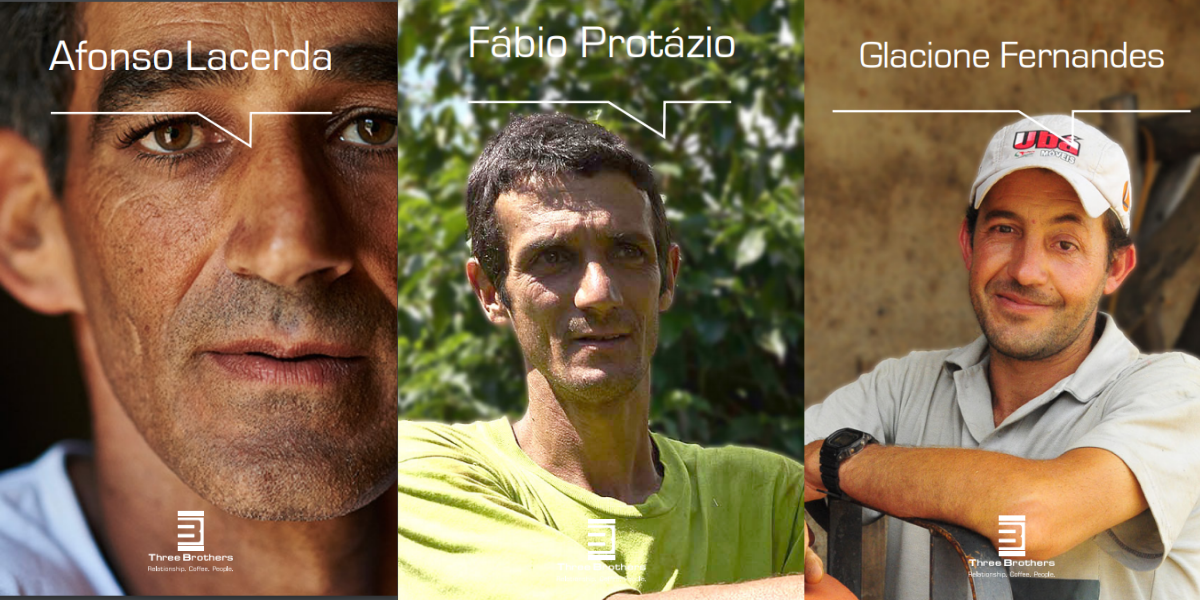Phone System Temporarily Down. Please contact us at 📩 Support@dibartoli.com.au. Thank you for your patience while we resolve this issue.
Phone System Temporarily Down. Please contact us at 📩 Support@dibartoli.com.au. Thank you for your patience while we resolve this issue.
We hear the words ‘Ethical Coffee’ often in Specialty Coffee, but what does it actually mean?
The idea of ethics in coffee was developed around 2 main issues:
The past ten or so years have seen the emergence of specialty coffee roasters, who have worked tirelessly to raise industry standards and to improve the public’s understanding of what’s involved in getting coffee from the farm to the cup. With the development of programs such as Fairtrade and Direct Trade and increasing education, it is becoming much easier to choose coffee that has been ethically grown and processed.
Many people choose to purchase a certified coffee like Fairtrade or Direct Tarde. Through these programs, specialty roasters’ desire for quality coffee is passed on to the farmers, who come to understand what cafes are looking for. As the roasters and farmers work together to improve the quality of the coffee, the coffee attracts a premium price. Everyone wins, with farmers receiving prices that are well above the Fairtrade minimum price and roasters receiving high grade beans. The farmers also learn how to continue to produce a high quality product that people will continue to buy, thus breaking the poverty cycle that many farmers face.
But just because Fairtrade guarantees your coffee has been ethically produced, this doesn’t then mean that all other coffee is unethical. How can you be sure to support ethical farming practices and a fair return to the growers without certification?
The best way to buy ethical coffee is to buy it based on quality and transparency. An increasing number of cafes and roasters provide information on the farms where their coffees are grown. They can speak directly to cultivation practices and the ethical values behind their product. They can also guide you toward a bean variety that best suits your needs and tastes. Here are few tips to help you identify ethical coffee:
Farmers growing high quality coffee will almost always be operating ethically. Look at the company roasting the coffee. What are their ethics, are they supporting the push towards higher quality products, assisting and educating farmers? Specialty coffee roasters are all about paying a generous price for high quality coffee, grown in the best conditions, by people who are treated fairly.

At Di Bartoli, we are committed to promoting ethical farming and processing practices wherever possible. We only source high quality Arabica that is mainly picked by hand, grown at high altitude, and often shade grown. These days, 2 of our Ethical standouts are Burundi Agahore Bugendana Microlot and Brazil Caldas Royale Microlot.
The Burundi’s farmer produces the best speciality coffee of Burundi, while making an impact at the community level. Starting from how he involves the community in the process: using local building material, employing local workforce, respecting the topography and its environment. He also buys coffee from the surrounding farmers and processes coffee cherries from each cooperative’s plantation. As in many East-African countries where coffee is an “easy” cash-crop, changing the mindset of the farmers makes a real difference when producing specialty coffee. Not only did he involve the community and the farmers, he also distributed coffee seedling and natural shade trees.
And it doesn’t end here. While 450 goats have been given to farmers in order to support the production of organic fertilisers, coffee farmers of another station were given a cash bonus after an exceptional season, as well as a three-year health insurance (sponsored by a roaster).
Our Brazil Caldas Royale Microlot is another example of Ethical coffee. It is a Direct Trade Relationship Coffee.
3 Brothers Australia is both the importer and the broker on the ground in Brazil. Their coffees are carefully selected directly from the best producers, truly passionate and focused on innovative processing methods and improving quality. They wanted to make a difference to the people producing coffee and to those who appreciate quality and full traceable produce. Their mission is to find and develop the most consistent coffees supporting the Better Trade model so as the consumer you can have the confidence of the traceability, transparency, relationship and ethical practices that are going in the cup.
Our friendly support team would love chatting with you to share their knowledge of the various Single Origins and Blends, and help you choose a coffee that not only tastes best to your palate but also aligns with your values.
We’d love hearing from you! Contact us here.